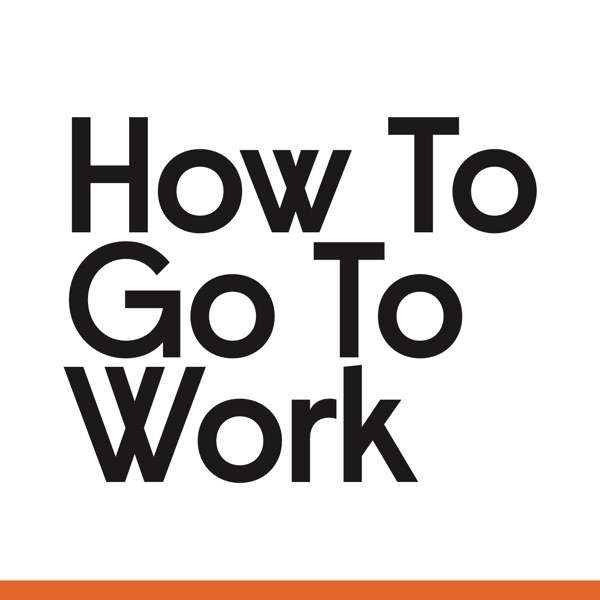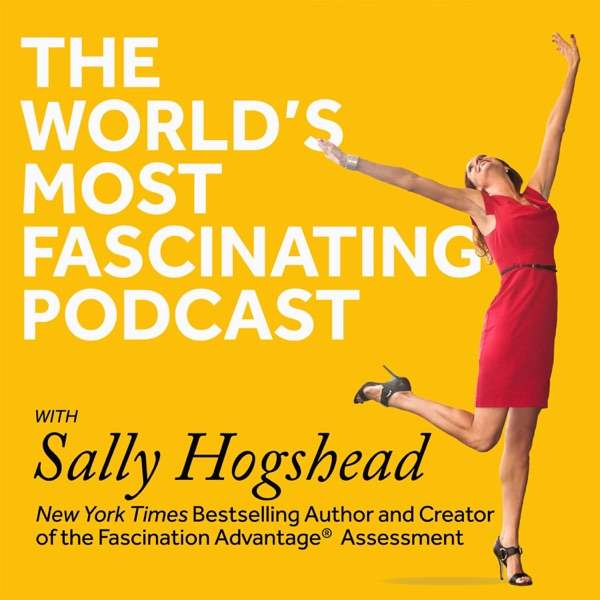“If you accept the view that this technology will change our perception of how value is exchanged, then it doesn’t matter whether it goes down or up in the short-term.” - Jeremy Gardner (click to tweet)
If you feel like the dumbest person in the room, that means you’re getting smarter.
And with crypto-education, this happens quite often. You’ll be at a meetup or lecture and find yourself in a conversation with some who understands the technicalities of cryptocurrency far greater than you think you ever will.
In these moments, our instinct is to feel bad about ourselves. But it’s important to remember that this is a good thing. Cryptocurrency is just getting started, and whether it’s listening to podcasts, reading articles, or attending lectures, the golden rule is to continue to feed your ears and eyes crypto-education they haven’t heard or seen before. And over time, you will become an expert.
In educating yourself this way, there is one additional step: to separate the real knowledge-sources from the BS-ers. With crypto, many of the news and media outlets are speaking from a place of ignorance; experts on the outdated financial institutions are not experts on cryptocurrency. Fortunately, I only bring in the ones closest to the action, the real crypto-experts.
On today’s episode of The Tai Lopez Show, we are joined by Jeremy Gardner, Founder of the decentralized prediction blockchain Augur, which at a market-cap of $300 million is said to be the most undervalued crypto-project in Silicon Valley. Jeremy is 25 years old and the brains behind the well-known San Francisco crypto-residence ‘Crypto Castle.’ His depth of crypto-knowledge is never-ending and thus, something we can all learn from.
Don’t forget! You can also listen to The Tai Lopez Show on Spotify! Click “Follow” and let me know what you think!
“Bitcoin and all crypto-assets can be in a bubble and undervalued at the same time.” - Jeremy Gardner (click to tweet)
Points to Keep In Mind
- The Internet revolutionized the exchange of information; cryptocurrency is revolutionizing the exchange of value
- Rebalancing your portfolio requires checking your profits against the thesis of your investment
- U.S. government has Blockchain Caucus; no true adversaries compared to other nations’ governments
- Exchanges get hacked so don’t leave your money on them if you can secure it personally
- On mining, proof of stake is less computationally intensive vs. proof of work
- A lot of applications need censorship-resistance but anything governmental, supply chain, or digital identity-related don’t need CR
- Bitcoin network can handle 7 transactions/sec; Visa up to 6,000
- Businesses are either parasitic (exploiting others) or symbiotic (helping others) or anywhere in between
- Algorithmic trading is the only way to trade; you will get burnt on sentiment analysis and social media alone, you need machine-learning
- Be skeptical of any $1 billion + crypto company valuation without real world application
- Net neutrality will just cause a Web 3.0
- No better place to learn than Twitter; brilliant people having conversations in real time
Resources
- Ripple is a blockchain designed to transfer large sums of money between financial institutions with more liquidity
- Litecoin is technically identical to Bitcoin
- Stellar is an open-source protocol for value exchange
- Iota is a very scalable blockchain for Internet Of Things (IOT) and supply chain
- Neo is the Chinese Ethereum
- Quantum over Neo because of real-world application
- Steem is a crypto Reddit, runs on the Eos network which can handle mass transactions
- Eos is more decentralized but less censorship-resistant
-
- Can take tens of thousands of CC transactions per year
- To buy/sell - use Coinbase because they are most insured exchange
- For security Use Google Authenticator and attach non-public phone number as recovery phone number (a Google Voice number)

 Our TOPPODCAST Picks
Our TOPPODCAST Picks  Stay Connected
Stay Connected







